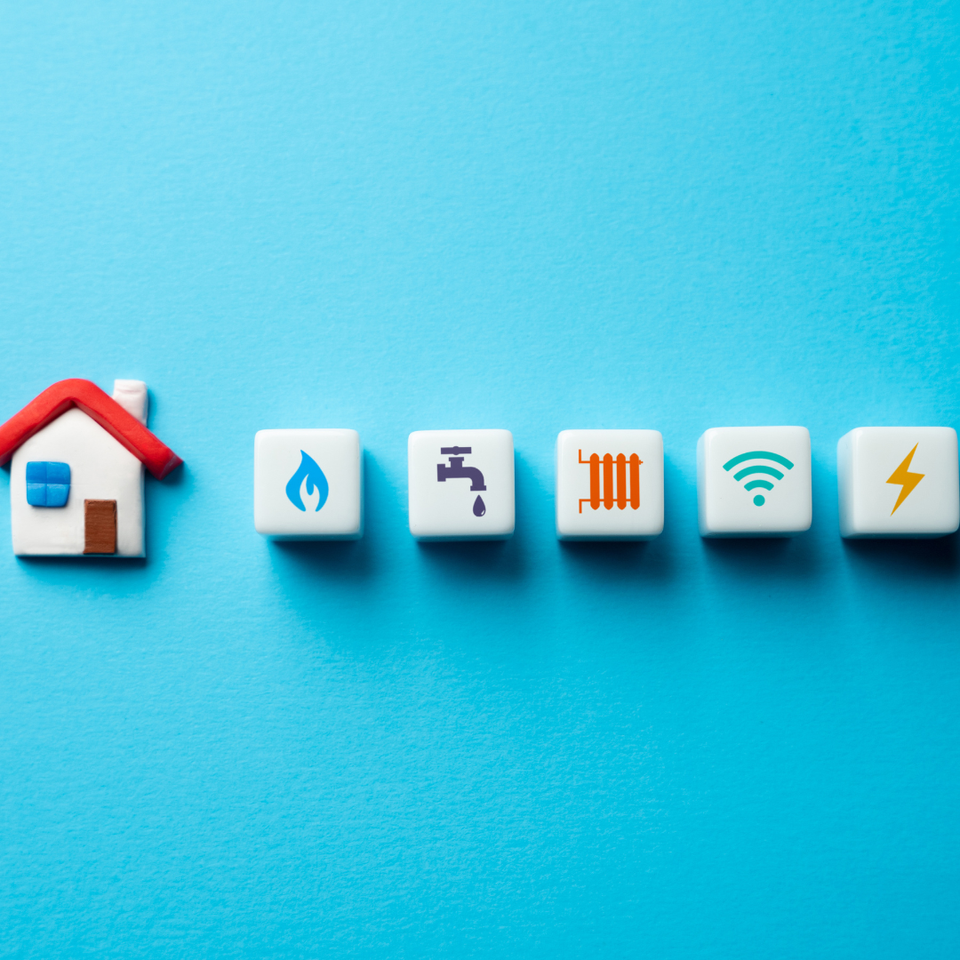Will me paying the utilities on my parents house effect my debt to income ratio when purchasing a second home?

Shorter Answer:
Paying utilities on your parent's house will not affect your debt-to-income ratio. Utilities are typically not considered debt, but rather living expenses.
Longer Answer:
When you're in the process of purchasing a new home, one of the key financial metrics that lenders evaluate is your debt-to-income (DTI) ratio. This ratio helps lenders assess your ability to manage monthly payments and repay debts. Recently, a person on Reddit placed a question about buying a second home and the effect his paying the utilities on his parents' house would have on his DTI ratio.
What is the Debt-to-Income Ratio?
The debt-to-income ratio is a percentage that compares your total monthly debt payments to your gross monthly income. Lenders use this ratio to determine how much additional debt you can handle. A lower DTI ratio indicates a good balance between debt and income, making you a more attractive borrower.
How Utilities Factor into DTI?
Utilities, such as electricity, water, and gas, are typically considered living expenses rather than debts. Therefore, they are not usually included in the calculation of your DTI ratio. Lenders focus on obligations like mortgage payments, car loans, student loans, and credit card debts when assessing your DTI.
Impact of Paying Utilities for Your Parents
If you pay the utilities for your parents' house, these payments are generally not considered debts and should not directly affect your DTI ratio. However, it's important to consider the following:
- Financial Responsibility: While utilities may not impact your DTI, they are still a financial responsibility. Ensure that paying these bills does not strain your budget or affect your ability to make mortgage payments on your new home.
- Lender's Perspective: Some lenders may inquire about regular financial obligations, even if they are not debts. Be prepared to explain your situation and demonstrate that these payments do not hinder your financial stability.
- Documentation: Keep records of your utility payments to show are not part of your debt obligations. This can help clarify your financial situation to lenders.
Conclusion
In most cases, paying utilities for your parents' house will not affect your debt-to-income ratio when purchasing a new home. However, it's crucial to maintain a clear understanding of your overall financial picture and communicate effectively with your lender. By doing so, you can ensure a smooth home-buying process and make informed financial decisions
If you have questions about debt to income ratios, please reach out to me at Teamjd@mainstreethl.com.
These blogs are for informational purposes only. Make sure you understand the features associated with the loan program you choose, and that it meets your unique financial needs. Subject to Debt-to-Income and Underwriting requirements. This is not a credit decision or a commitment to lend. Eligibility is subject to completion of an application and verification of home ownership, occupancy, title, income, employment, credit, home value, collateral, and underwriting requirements. Not all programs are available in all areas. Offers may vary and are subject to change at any time without notice. Should you have any questions about the information provided, please contact me.
Find more answers to mortgage & real estate questions at www.jdanswersquestions.com
DMV mortgage
